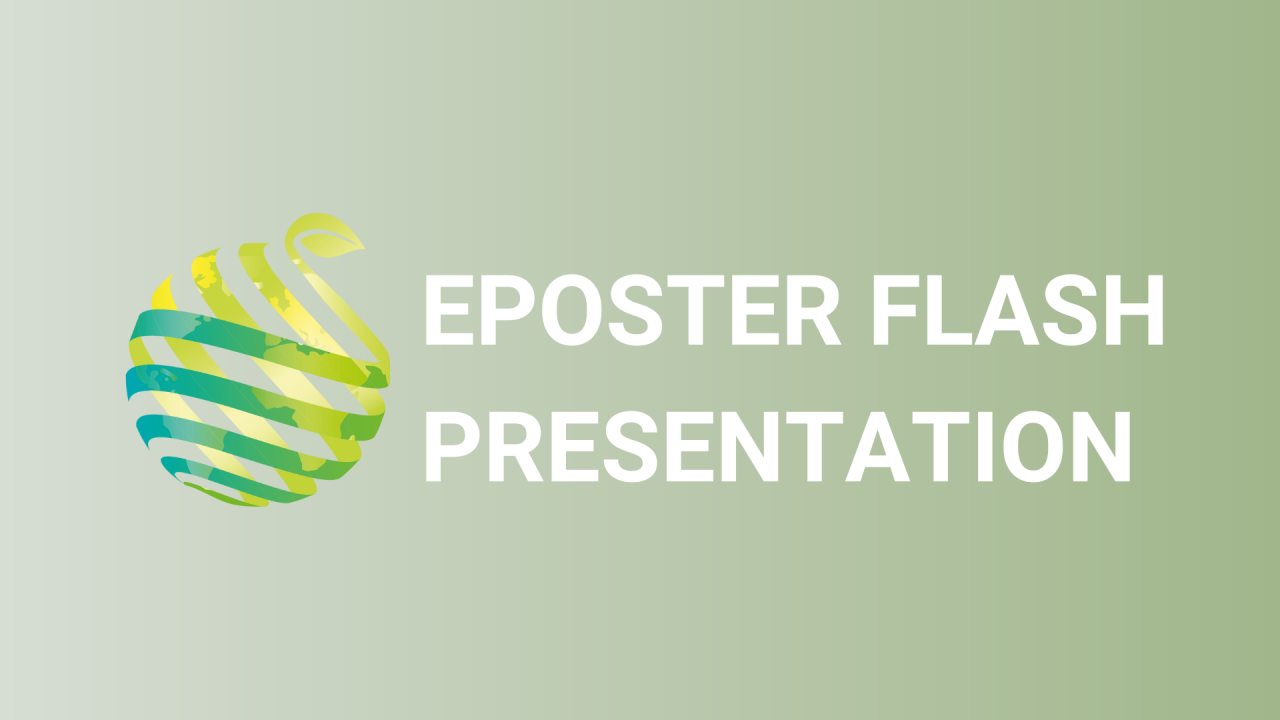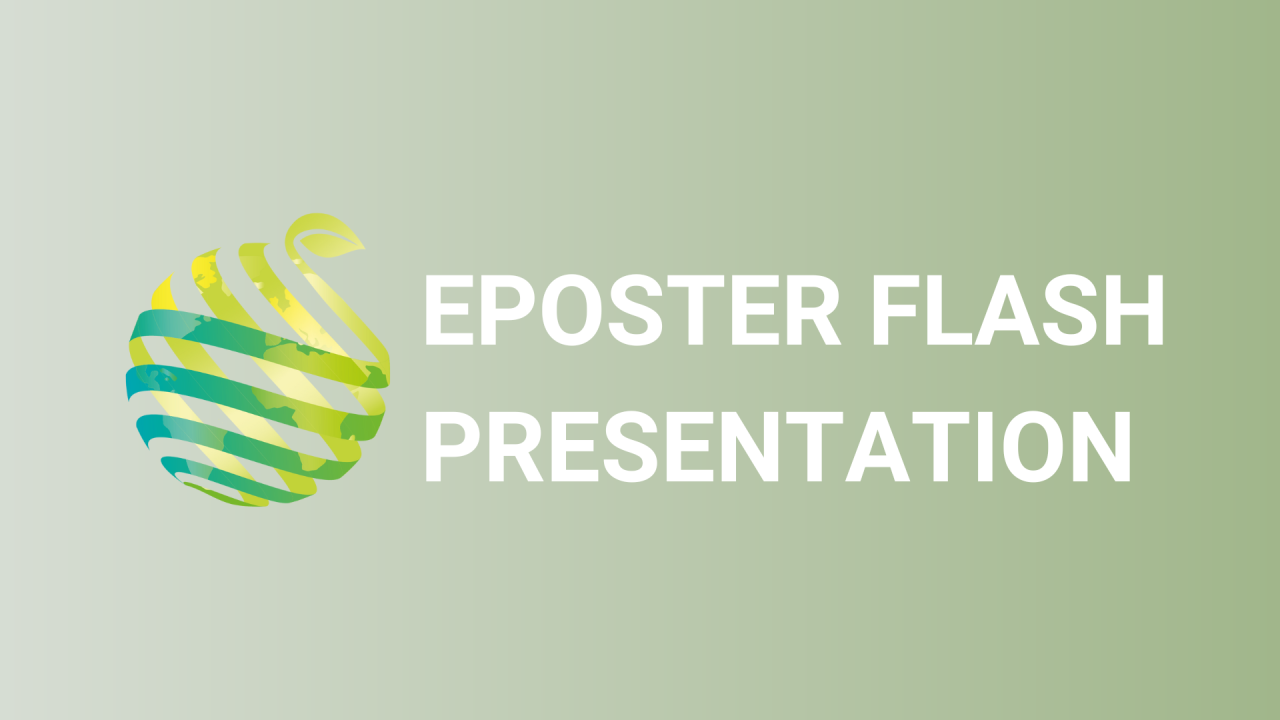

S15 - Session P1 - Beyond the nutrient supply of organic fertilizers: impact on plant natural defenses against pathogens
Information
Authors: Adam Barrada, Maxime Delisle-Houde, Eva Ors, Thi Thuy An Nguyen, Russell J. Tweddell, Martine Dorais *
The ever-growing demand for vegetables, especially in countries with limited arable land areas or short growing periods like Nordic countries, calls for an intensification of greenhouse vegetable crop production. This usually translates into higher crop density and increased use of fertilizers. The high plant population per square metre may cause a suboptimal microclimate conducive to disease development resulting in substantial losses in productivity. This is especially an issue for organic farming systems where synthetic pesticides are prohibited, thus limiting the options for disease management. Otherwise, organic farming systems are based on the use of organic fertilizers, which have been shown to promote microbial activity in growing substrates. In this study, we showed that specific organic fertilizers can induce or prime salicylic acid-related (SA) defence mechanisms in Arabidopsis thaliana and tomato ( Solanum lycopersicum ). Indeed, using the transgenic A. thaliana PR1::GUS reporter line, which expresses the β-glucuronidase (GUS) gene under a SA-induciblepromoter, we screened several soluble and non-soluble organic fertilizers for an increased induction of GUS expression with or without spray inoculation with the phytopathogenic bacterium Pseudomonas syringae pv . tomato DC3000. The involvement of the soil microbiome in the stimulation of PR1::GUS expression was then determined by sterilizing the growth substrate and the organic fertilizers. A. thaliana (Columbia) and tomato (cv. Bloody butcher) plants were then treated with organic fertilizers, that were previously shown to induce the SA pathway, before inoculation with P. syringae pv . tomato DC3000 ( Pst::LUX ) strain expressing the luciferase (LUC) operon of Photorhabdus luminescence . Disease severity was assessed after one week as well as bacterial survival in leaves using LUC activity measurements in order to determine the protective effect of organic fertilizers against a hemibiotrophic pathogen. We thus demonstrated the benefits of using some organic fertilizers as stimulators of plant natural defences to control plant diseases.